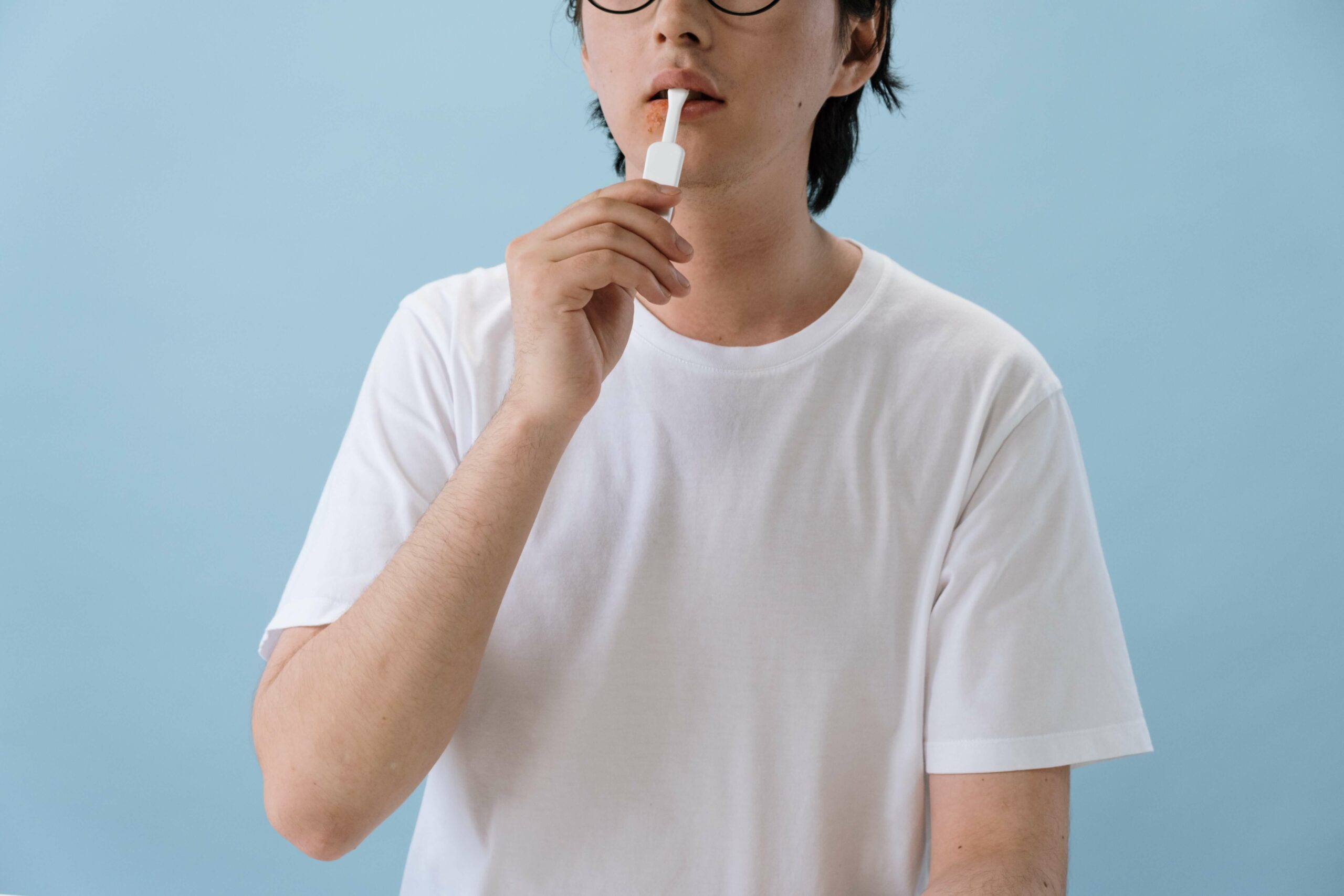Oral herpes, also known as cold sores or fever blisters, is a viral infection of the mouth that may involve the lips, tongue and gums. It is caused by the herpes simplex virus type 1 (HSV-1). Several billion people around the world are affected by oral herpes.
The infection may present no symptoms for some, while others can experience recurrent symptoms. Oral herpes is most contagious when symptoms present. However, a person can still spread the virus even if asymptomatic.
Symptoms Of Oral Herpes
Oral herpes appears as sores or blisters in or around the mouth area. Before cold sores appear, a person will experience a burning, itchy or tingling sensation around the mouth. The sores cluster together and can be painful.
Stages Of Oral Herpes Development
Cold sores develop in stages.
- Stage 1: A tingly, itchy or burning sensation is felt around the mouth before blisters erupt. A person may also experience fever, fatigue and swollen lymph nodes.
- Stage 2: Fluid-filled blisters appear around two days after the initial symptoms.
- Stage 3: The blisters burst and ooze fluid. Painful sores can form. This is known as the weeping stage and is highly contagious.
- Stage 4: The sores dry out, and yellowish-brown scabs form. These scabs are itchy and can flake off.
- Stage 5: The cold sore begins to heal, and the scabs disappear. Many scabs may form and fall away during this stage before the sore fully heals.
How Can You Get Oral Herpes?
Oral herpes is transmitted by personal or physical contact with someone infected with HSV-1. Any activity that could facilitate the virus entering through bodily fluids or a break in your skin is a risk. This includes sharing items like towels or utensils, kissing, touching or having oral sex.
For How Long Is Oral Herpes Contagious?
Once a person contracts HSV-1, it stays in the body for their whole life and can always be transmitted. Even when no symptoms appear, it can still be spread from one person to another.
Oral herpes is most contagious from the development of the first symptoms. Cold sores stop being highly contagious once they fully heal. This process can take up to 15 days.
What Causes Recurrent Cold Sores?
After your first experience with cold sores, HSV-1 lies dormant in your skin's nerve cells. It can remain inactive for weeks, months or years. Certain factors can trigger another outbreak, including:
- Stress
- Fatigue
- Other infections
- Hormonal changes
- Weak immune system
- Exposure to intense hot or cold weather
Can Oral Herpes Spread To The Rest Of The Body?
Yes, the virus can be transferred if fluid from cold sores comes into contact with other parts of your body. This can happen by touching or scratching cold sores and touching other areas of your body, like the eyes, nose, face and genitals. Engaging in unprotected or oral sex can spread the infection to the throat and genitals.
What Other Conditions Can Be Mistaken For Oral Herpes?
The presentation of oral herpes can be similar to other conditions. Therefore, a consultation with your doctor is necessary for a proper diagnosis. This includes conditions such as:
- Eczema (dry, itchy, and red skin)
- Aphthous stomatitis (canker sores or aphthous ulcers)
- Contact dermatitis (allergic or irritant)
- Folliculitis (inflammation of one or more hair follicles)
- Angular cheilitis (inflammation of one or both corners of the mouth)
- Herpes zoster virus (shingles)
- Chickenpox (caused by the varicella-zoster virus)
How To Prevent Getting Oral Herpes
You should visit your doctor regularly to ensure you are in good health. Oral herpes can be triggered when the immune system is weak.
Good hand-washing practices and hygiene can prevent virus transmission through your eyes, mouth and skin. If you suspect someone of having cold sores, avoid any physical contact. Do not share commonly used household items like towels, utensils, or makeup.
Is There A Cure For Oral Herpes?
There is currently no cure for oral herpes. Once a person contracts HSV-1, it remains lifelong in a dormant state until triggered to become active once again.
The condition can be managed with good hygiene practices and medication when symptoms present. Treatment is best sought during the early stages of the virus to reduce the duration of symptoms.
How Is Oral Herpes Treated?
Without treatment, cold sores may take up to 2 weeks to disappear. Consulting with your doctor can significantly speed up your recovery process. Your doctor may prescribe an antiviral medication such as aciclovir and famciclovir. These medications can penetrate beneath the skin and prevent the virus from multiplying. Finishing the entire course of medication, as prescribed, is important to see results.
Topical treatments for cold sores are also available in creams and ointments. They relieve pain and itchiness and must be applied to the affected areas with clean hands. Hand washing with antiseptic soap before and after applying medication to the affected areas is recommended.
You may be prescribed medications such as paracetamol or non-steroidal anti-inflammatory drugs (NSAIDs) to treat pain, fever, and inflammation. Applying ice wrapped in a cloth to the sores may also help reduce pain and itchiness.
You can ensure adequate hygiene at home by gently washing the affected areas with antiseptic soap. This will help prevent the spread of cold sores to other areas. It’s also not advised to scratch or touch the sores. If you do, be sure to wash your hands thoroughly.


 71–75 Shelton Street, Covent Garden, London, WC2H 9JQ
71–75 Shelton Street, Covent Garden, London, WC2H 9JQ +44 (0) 20 3376 1032
+44 (0) 20 3376 1032



